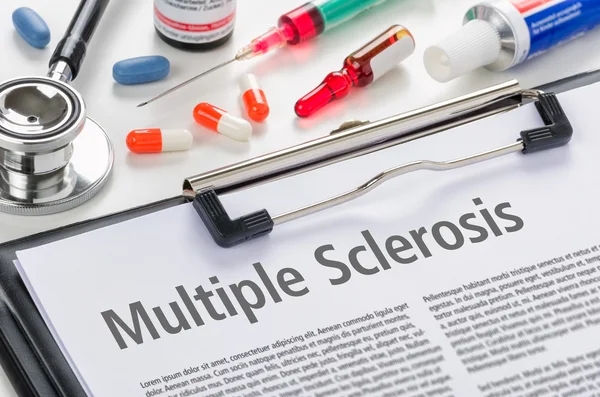Medical researchers are making considerable strides toward improving the lives of those dealing with multiple sclerosis (MS).
Chronic Autoimmune Disease affects the central nervous system, and presents numerous challenges for those diagnosed.
This blog post discusses recent medical advancements that are revolutionizing MS treatment, offering hope and opening up potential pathways towards improved patient outcomes.
Disease-Modifying Therapies (DMTs) One key innovation in MS treatment has been the creation of disease-modifying therapies (DMTs). These medications play a significant role in altering disease course by decreasing inflammation and slowing disability progression.
Over the past decade, several new DMTs have expanded patients’ options for effective therapy plans.
Ocrelizumab, a monoclonal antibody, has proven its efficacy in clinical trials by specifically targeting B cells of the immune system to reduce relapse rates and delay disability progression in both relapsing and primary progressive forms of MS.
This milestone marks an enormous advance in tailoring treatment strategies to different forms of the disease.
Stem Cell Therapy
Stem cell therapy offers great promise for MS treatment. This innovative approach utilizes the body’s own stem cells to repair damaged tissues and modify immune responses.
Hematopoietic stem cell transplantation (HSCT), an advanced form of stem cell therapy, has demonstrated outstanding success during clinical trials.
HSCT involves reseting the patient’s immune system with high-dose chemotherapy, followed by infusion of their own stem cells into their bodies. This procedure has proven highly successful at stopping disease progression and even producing long-term remission in some instances.
Ongoing research seeks to perfect this method and identify optimal candidates, underscoring its transformative potential in treating MS.
Recent medical breakthroughs such as those presented on bioxcellerator.com are revolutionizing care for those living with this chronic illness, offering new hope and tailored approaches.
Neuroprotective Strategies Advancements in neuroprotective strategies aim to shield nerve cells from damage, protecting neurological function in MS patients. Agents such as Ibudilast and Siponimod have demonstrated neuroprotective properties by reducing inflammation and supporting nerve fiber maintenance.
Current research attempts to identify new drugs targeting specific molecular pathways implicated in MS degeneration. By prioritizing neuroprotection therapies, scientists aim to develop treatments that not only alleviate symptoms but also halt progression.
Telemedicine and Digital Health
Technological innovations are revolutionizing patient care by increasing accessibility and convenience. Telemedicine and digital health solutions have become indispensable in monitoring and supporting those living with MS.
Remote consultations allow neurologists to conduct regular check-ins, assess symptoms and make treatment plans from their patient’s home.
Mobile apps and wearable devices enable individuals to monitor symptoms, medication adherence and overall well-being more actively than ever before, creating a more inclusive healthcare journey for patients.
Once again, let me remind everyone: please remember: no more than 5 per household per annum are permitted as guest beds in any 1 hour slot (non-consecutively). So to protect themselves and save some cash: use coupons!
Conclusion MS treatment is experiencing an unprecedented transformation thanks to researchers and healthcare providers’ unfaltering commitment. From disease-modifying therapies and stem cell interventions, to neuroprotective strategies and neuroprotective strategies, recent medical breakthroughs provide hope and promise to those living with the condition.
Going forward, technology, personalized medicine, and ongoing research promise even more revolutionary discoveries. Thanks to the combined efforts of medical practitioners and those living with MS, together with their resilience and strength of character they continue pushing progress and inspiring hope for a future with improved manageability and enhanced wellbeing for individuals navigating this complex condition.
